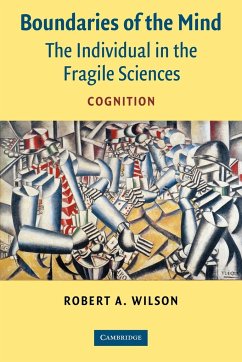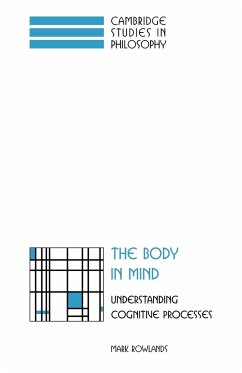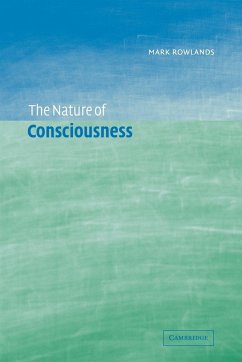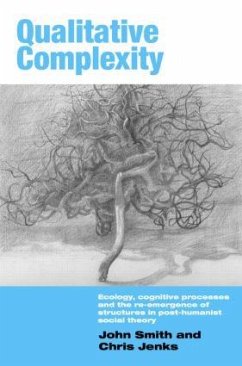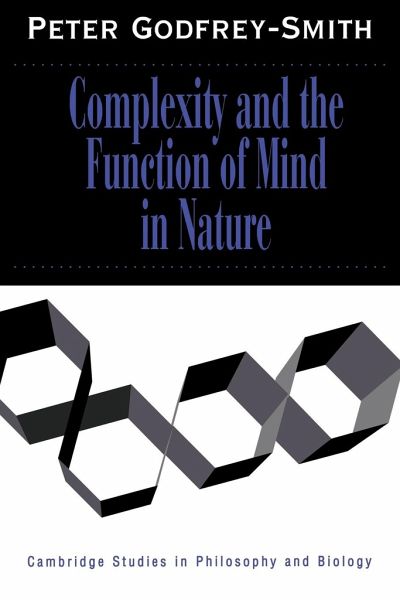
Complexity and the Function of Mind in Nature

PAYBACK Punkte
29 °P sammeln!
This book is a further contribution to the series Cambridge Studies in Philosophy and Biology. It is an ambitious attempt to explain the relationship between intelligence and environmental complexity, and in so doing to link philosophy of mind to more general issues about the relations between organisms and environments, and to the general pattern of "externalist" explanations. Two sets of questions drive the argument. First, is it possible to develop an informative philosophical theory about the mind by linking it to properties of environmental complexity? Second, what is the nature of extern...
This book is a further contribution to the series Cambridge Studies in Philosophy and Biology. It is an ambitious attempt to explain the relationship between intelligence and environmental complexity, and in so doing to link philosophy of mind to more general issues about the relations between organisms and environments, and to the general pattern of "externalist" explanations. Two sets of questions drive the argument. First, is it possible to develop an informative philosophical theory about the mind by linking it to properties of environmental complexity? Second, what is the nature of externalist patterns of explanation? What is at stake in attempting to understand the internal in terms of the external? The author provides a biological approach to the investigation of mind and cognition in nature. In particular he explores the idea that the function of cognition is to enable agents to deal with environmental complexity. The history of the idea in the work of Dewey and Spencer is considered, as is the impact of recent evolutionary theory on our understanding of the place of mind in nature. This is a highly original philosophical project that will appeal to a broad range of philosophers, especially those working in the philosophy of biology, philosophy of mind, and epistemology. It will also interest evolutionary biologists, psychologists, and historians of science.








